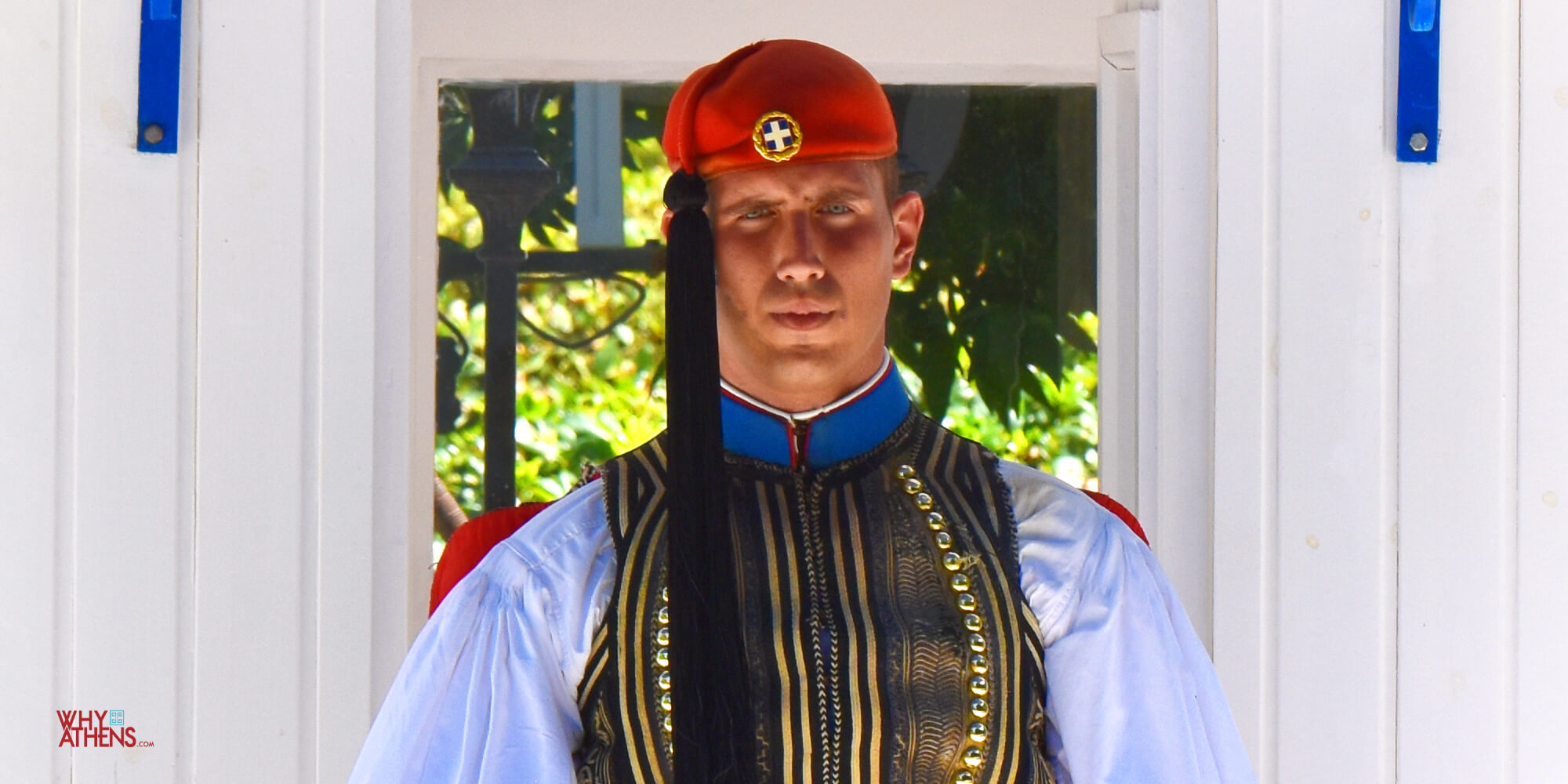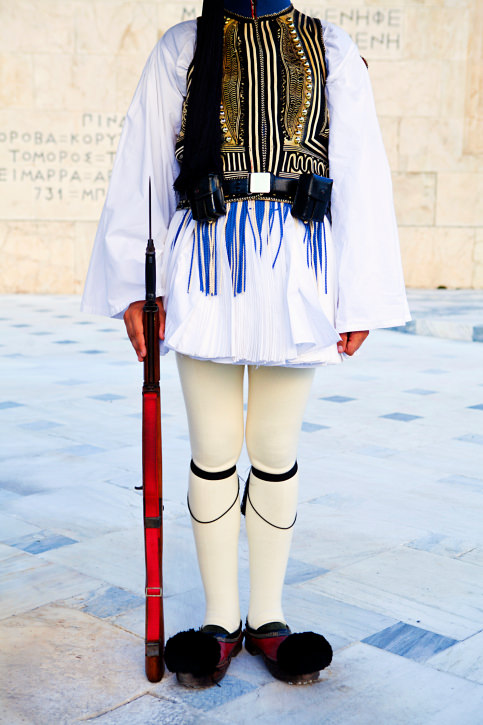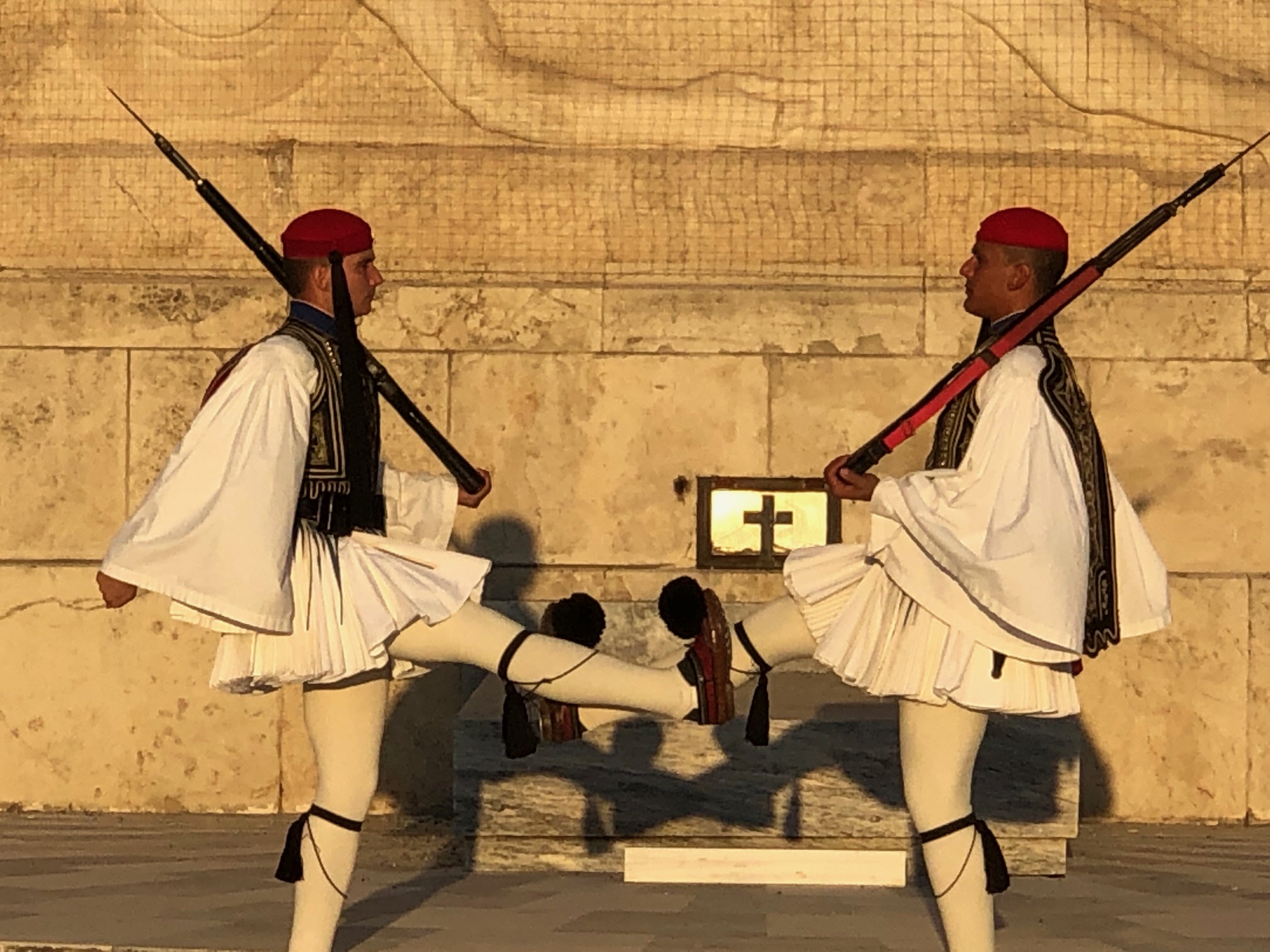greek_ggirl
Active member
This dressing style brings me so much comfort. I love seeing the soldiers stand outside of Syntagma looking so proud and traditional, just like my great grandparents would. If you would like to learn more about evzones, check out this article

 whyathens.com
whyathens.com


Evzones uniform, the costume of an elite Greek soldier - Why Athens
The Greek Presidential Guard or Evzones are a group of elite Greek soldiers. The Evzones uniform is handmade with intricate detail. Learn about them here.





